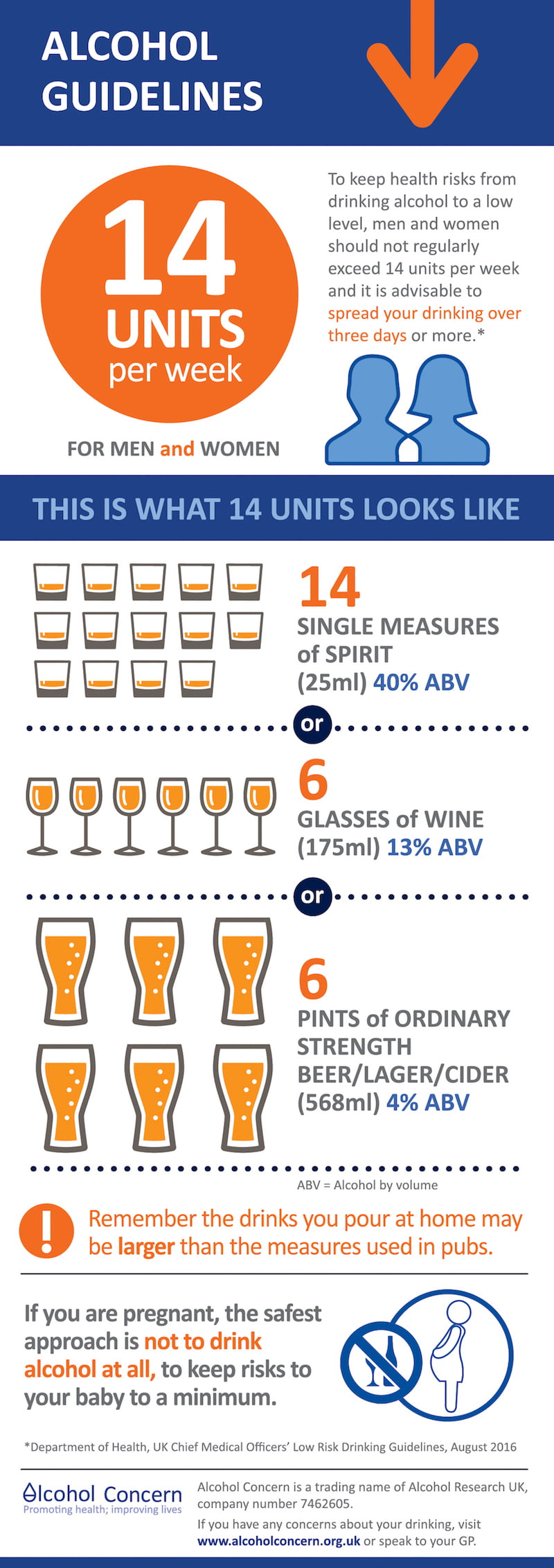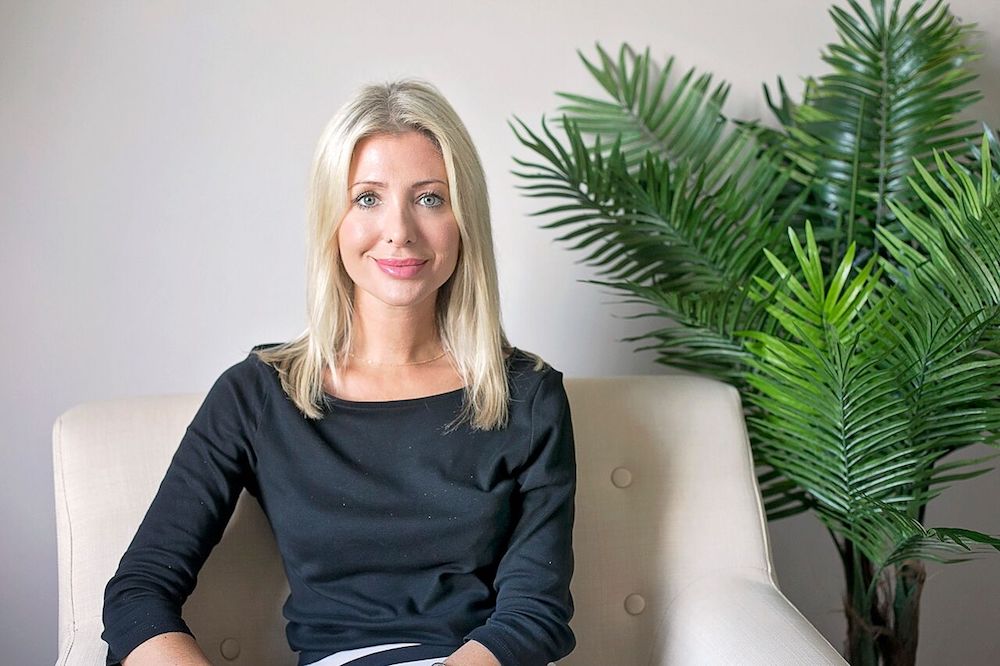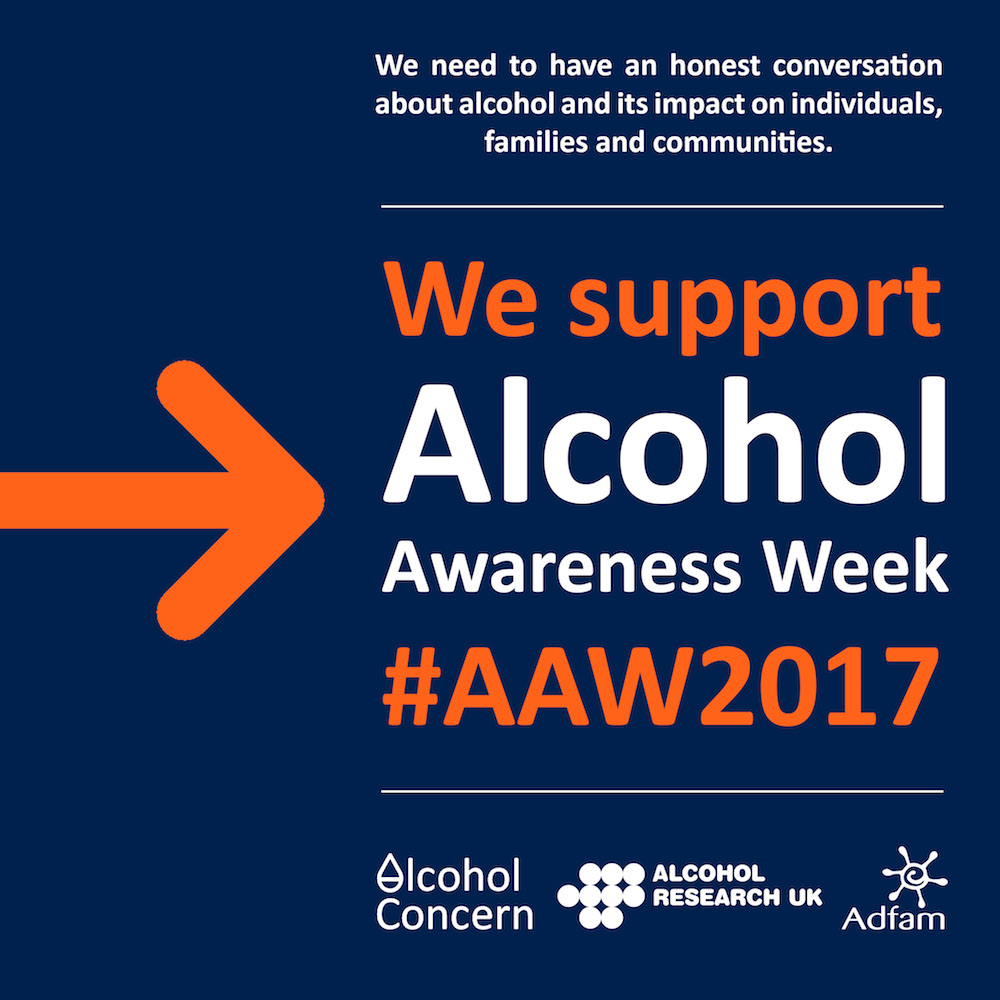How technology can help address alcohol dependency
updated on Jan 20, 2023

This Alcohol Awareness Week focuses on the impact alcoholism can have on the wider family. But the important thing to remember is that there are support services out there for everyone involved
220,000 children in England live with an alcohol-dependent adult
According to charity Alcohol Concern, “An estimated 595,000 adults in England are alcohol dependent and in need of specialist treatment. However, the number receiving treatment is closer to just 100,000.”
The 13–19 November is Alcohol Awareness Week in the UK, and this year there’s a special focus on the way alcohol abuse affects families. The aim of the week is to not only draw attention to this issue, but to help both the individuals affected and their families with ways to find support.
Alcohol Concern are keen to start the conversation on this subject, particularly given the impact alcohol can have on people’s lives, with 8,758 deaths related to alcohol in the UK in 2015. And with family in mind, the charity reports that 220,000 children in England live with an alcohol-dependent adult.

Infographic | Alcohol Concern
While Alcohol Concern note that the “overall levels of consumption are falling, around 2.5 million people drink more than 14 units on their heaviest drinking days”. To put that into perspective, the UK Chief Medical Officers’ low-risk drinking guidelines recommend that you shouldn’t drink more than 14 units in a week – let alone in one drinking session.
Any condition comes with misconceptions and stereotypes about who can develop it. With alcohol abuse, it’s often imagined to mainly affect working class men. But, in reality, alcoholism can affect anyone. In fact, statistics are showing that over recent years, women’s drinking has significantly increased, bringing their drinking habits to an equal level with men’s. Research published in the journal BMJ Open reviewed male and female’s drinking habits from 1891 to 2014 based on results from 68 international studies. In the past men drank significantly more than women, with men born between 1891 and 1910 being twice as likely to drink alcohol, and three times as likely to have their alcohol use lead to harmful effects or problematic use. However, for those born from 1991 to 2000, these three things are now almost equal between men and women.
It’s believed that the cause for this change in drinking habits includes the culture of going for an “after-work drink”, the lower price of alcohol and it being easily available in supermarkets, and the rise in alcohol marketing being targeted specifically towards women. But given that Alcohol Concern states “alcohol is linked to more than 60 medical conditions including liver disease, heart disease, some cancers and depression”, what may start as having a few drinks after a stressful day, can lead to unhealthy long-term habits, impacting those around you – particularly given that 50% of violent crime can be attributed to alcohol.
However, the good news is that there are services to support people, both those directly looking to address their drinking habits, and for the family members around them. Adfam is a charity helping families affected by drugs and alcohol, and Al-Anon is an organisation bringing together relatives and friends of alcoholics in support groups. You can find a detailed list of these support services and more on the NHS website.
And for the people who are alcohol dependent, speaking to your GP is always a good first step for advice, but you can find more information and support on alcohol awareness sites and with charities like Alcohol Concern and DrinkAware. And given the rise in female drinking, there are women-only initiatives as well such as the Amy Winehouse Foundation’s Amy’s Place bridging the gap between women leaving rehab and learning the skills to re-enter and flourish in society.
Additionally, technology is becoming a new tool to address addictions in the modern age, with counselling now being available via Facetime, Skype and WhatsApp video calls. This more informal means of receiving support allows for sessions to be done from the comfort of your own home, and you to open up the discussions in a safe space.

Gina Easom
Gina Easom is a BACP registered counsellor who recently launched her service offering these video sessions, who has experienced her own issues with alcohol and understands the importance of receiving help when, or before, things progress to dependence. Commenting on realising she needed help herself, Gina says: “Deep down I had known it for a long time, but I was in denial. Each time I got drunk, I would justify the reason this had been necessary, or blame external events and people for influencing me. When a persistent loved one constantly challenged my excuses, it eventually led me to questioning my truth and going through the slow realisation and acceptance that my drinking was dysfunctional.”
Each time I got drunk, I would justify the reason this had been necessary
Having previously worked within an NHS mental health crisis team, Gina has seen the impact alcohol abuse can have on the wider family as well. She says, “I want to tackle head-on the importance of preventative work to try and achieve a shift. You don’t have to be obese or have chronic health problems to go to the gym, you just want to get into better habits, to be in control of your body – you might hire a personal trainer to help you change those habits. It’s the same with what I offer. I’m here to help change habits to put clients back in control.”
Aside from the technology allowing for privacy and accessibility, Gina notes additional benefits including the fact that by having the relationship online, clients can have a sense of anonymity, and might find that comforting or easier when sharing personal thoughts. Additionally, there is often more immediacy, as appointments don’t require therapy rooms to be booked in advance, so could be available in as little as 24-hours’ notice, meaning you can get help when you need it most.

Image | Alcohol Concern
This Alcohol Awareness Week, it's important to have those difficult conversations with the people we love, or even ourselves, to address the impact alcohol might be having on our lives.
If you are concerned about your own or a friend’s drinking, speaking or encouraging them to speak to a counsellor could help. Visit counselling-directory.org.uk to find a counsellor near you. Alternatively, if counselling via video calls would make you more comfortable, you can contact Gina Easom at www.hollaandheard.com

